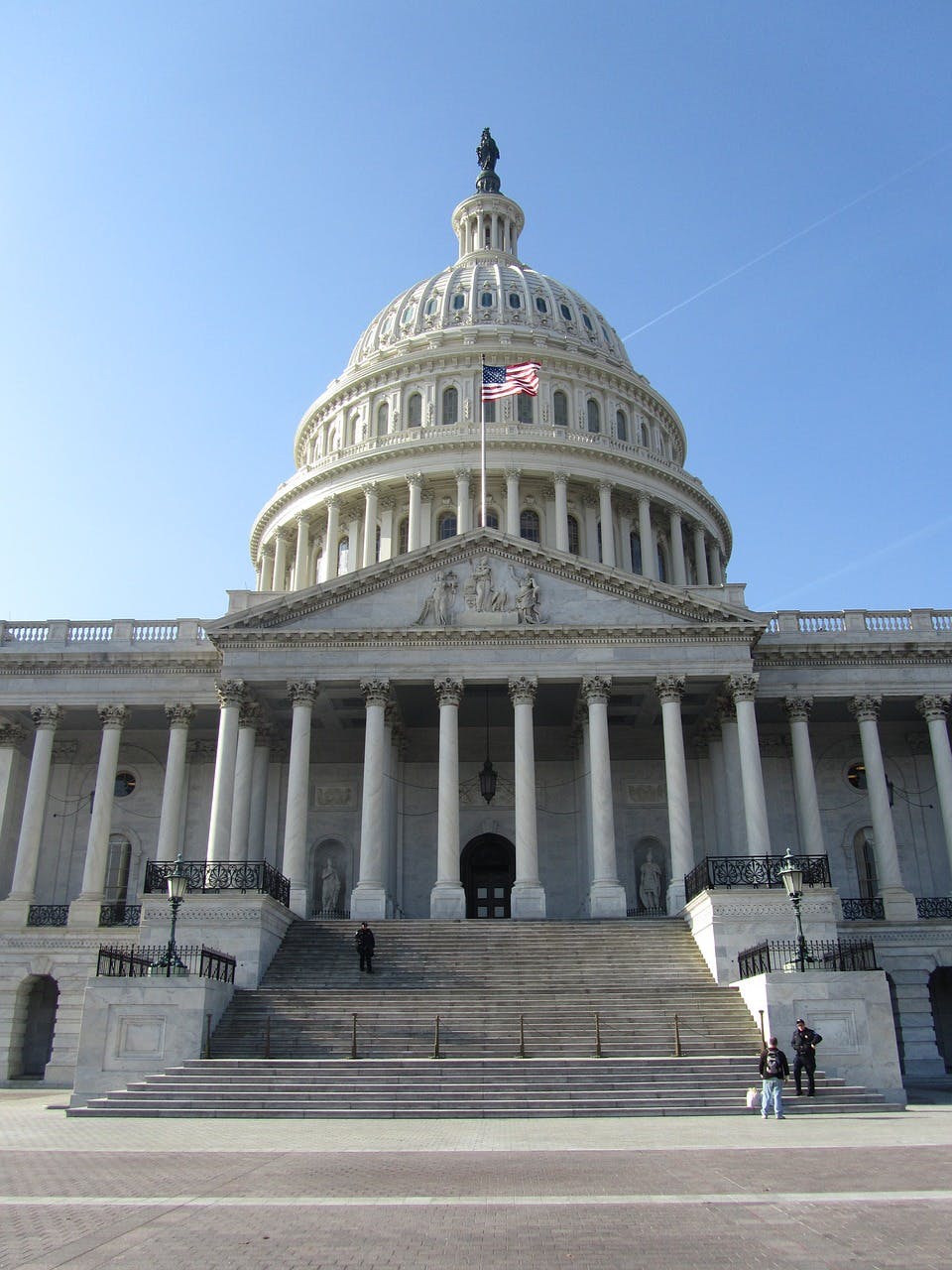September 9 — Independent Restaurant Coalition: Over 82% of Independent Restaurant Operators Report Concern They Will Permanently Close Without Congress Refilling the Restaurant Revitalization Fund

FOR IMMEDIATE RELEASE
September 9, 2021
CONTACT:
Jeff Solnet
jeff@precisionstrategies.com
Independent Restaurant Coalition: Over 82% of Independent Restaurant Operators Report Concern They Will Permanently Close Without Congress Refilling the Restaurant Revitalization Fund
Restaurant Operators Urge Refill of Restaurant Revitalization Fund Ahead of Today’s House Small Business Committee Budget Markup
Restaurant and bar employment fell 41,500 during the past month, the first downturn for the industry in eight months.
WASHINGTON D.C. – Today, independent restaurant operators from across the country called on members of the House Small Business Committee to make restaurant relief a priority during a markup of the budget reconciliation package. Small business owners are depending on this relief to keep their businesses open — according to new data released by the Independent Restaurant Coalition, over 82% of operators will likely permanently close if Congress does not swiftly replenish the Restaurant Revitalization Fund.
During this press conference, the IRC unveiled findings from an email survey indicating that the situation facing restaurants is more dire than ever:
85% of restaurant and bar owners reported not receiving an RRF grant.
Over 82% of restaurant and bar owners report concern they will close without an RRF grant.
Nearly 1 in 5 (18.3%) of restaurant owners reported having their credit scores reduced below 570 during the pandemic — many of these operators cannot take on any more loans.
“Hundreds of thousands of neighborhood restaurants and bars are now teetering on the brink of permanent closure,” said Erika Polmar, Executive Director of the Independent Restaurant Coalition. “Over 90,000 restaurants and bars have closed since the start of the pandemic. We do not want any more to close their doors because Congress and the Biden Administration have not provided the relief they need to survive. The only thing that will save these small businesses that support 16 million jobs is refilling the RRF.”
“We took on so much debt to be able to continue what we were doing and now all those things are coming back,” said Chris Shepherd, Chef/Owner of Underbelly Hospitality in Houston, Texas. “Without the RRF, I’m not sure how we will figure it out. It is imperative that Congress refill the RRF so that thousands of restaurants in Houston and across the country have the chance to survive and continue breathing life into our communities.”
Added Shepherd: "They told me how much I was getting and I never got it."
“Prior to the pandemic, all three of our restaurants were doing well,” said Lindsay Tusk, Co-owner of Cotogna, Quince, and Verjus in San Francisco, California. “Award-winning, thriving places employing over 200 people. A lot of hard work but a success story all around. Since the pandemic, we’ve been in a never ending tail spin.”
Restaurants are in dire straights. Just last week, the Bureau of Labor Statistics August jobs report showed that restaurant and bar employment fell 41,500 during the past month, the first downturn for the industry in eight months. Restaurant and bar employment is still down 966,300 below its pre-pandemic levels. Now, the Delta variant threatens to push more restaurants and bars into permanent closure. Since the beginning of the pandemic, more than 90,000 restaurants and bars have closed. There are now dining restrictions in roughly a third of the states in the country. Restaurant reservations have plummeted in states across the nation; for instance in New York (51%), Pennsylvania (41%), Maryland (33%), Alabama (39%), California (30%), and Texas (29%) bookings are far below their 2019 levels. According to a recent survey, 60% of adults changed their dining habits due to the Delta variant.
“We’re among the unlucky businesses that did not receive RRF grants for any location,” said Tyler Akin, Chef-Owner of Stock in Philadelphia, PA; Chef-Partner of Le Cavelier in Wilmington, Delaware; IRC co-founder. “Quite frankly, if we do not receive grants we will not survive. The situation is more urgent now than it has been at any point during the pandemic.”
“We had to close our business during the beginning of the pandemic just to survive,” said Rawlston Williams, Owner of The Food Sermon in Brooklyn, New York. “We reopened in August of 2020 and have lost money ever since. On Friday, we closed our doors again. We need the RRF to be able to diversify our offerings, where we’re not only relying on foot traffic.”
The Small Business Administration (SBA) closed the Restaurant Revitalization Fund (RRF) application portal, leaving 177,000 restaurants and bars that applied for relief out in the cold. Restaurants and bars lost over $280 billion during the pandemic yet only received $28.6 billion in targeted relief. These businesses continue to deal with pandemic-induced headwinds — over the past year, the prices of beef (40.3%), grains (87.0%), and shortening and cooking oil (39.5%) have surged. This relief will give many of the nation’s 500,000 independent restaurants and bars the support they need to survive the pandemic as well as the 16 million people they support to survive the pandemic.
Support for providing restaurants and bars the relief they need is continuing to grow. Senator Ben Cardin (D-MD) recently moved by unanimous consent to add $48 billion to the RRF, invoking fierce speeches on the Senate floor from Majority Leader Chuck Schumer (D-NY) and Senator Dick Durbin (D-IL). The Restaurant Revitalization Fund Replenishment Act is gaining rapid bipartisan support as 214 members of the House of Representatives have come out in support of the bill, including most recently Rep. Alexandria Ocasio-Cortez (D-NY-14), as well as 15 members of the Senate. Reps. Earl Blumenauer (D-OR-3) and Brian Fitzpatrick (R-PA-1) and Sens. Roger Wicker (R-MS) and Kyrsten Sinema (D-AZ) introduced the legislation in both chambers of Congress, which provides $60 billion in additional funding for the RRF.
The RRF is a grant relief program modeled after the $120 billion RESTAURANTS Act, which independent restaurant and bar operators from the IRC specifically designed alongside Senator Wicker and Congressman Blumenauer so their industry could access the relief they need. Thousands of IRC supporters first proposed this program in an April 2020 letter to Congress.
This first-of-its-kind grant program provides debt-free support in the amount of annual revenue lost from 2019 and 2020, with special provisions for businesses that opened in 2020 and 2019. They can only be used on eligible expenses (below) incurred starting on February 15, 2020 and ending on March 11, 2023. Unused funds – or funds not used for these purposes – will be returned to the government. These expenses include:
Payroll (excluding employee compensation exceeding $100,000/year), employee benefits, and paid sick leave;
Mortgage, rent, and utilities;
Maintenance;
Outdoor seating construction;
Supplies, protective equipment, and cleaning materials;
Food and beverage;
Operational expenses;
And principal business payments for business debt.
This program caters to the most vulnerable businesses: grants cannot exceed $10,000,000 per restaurant group (which cannot have more than 20 entities), and $5,000,000 per business. The landmark legislation prioritizes awarding grants to women or Veteran-owned businesses, and socially and economically disadvantaged groups, including Black Americans, Hispanic Americans, Native Americans, Asian Pacific Americans and Subcontinent Asian Americans. And for the first time, the SBA provided an application in Spanish.
ABOUT THE IRC:
The Independent Restaurant Coalition was formed by chefs and independent restaurant owners across the country who have built a grassroots movement to secure vital protections for the nation’s 500,000 independent restaurants and the more than 11 million restaurant and bar workers impacted by the coronavirus pandemic.
###

